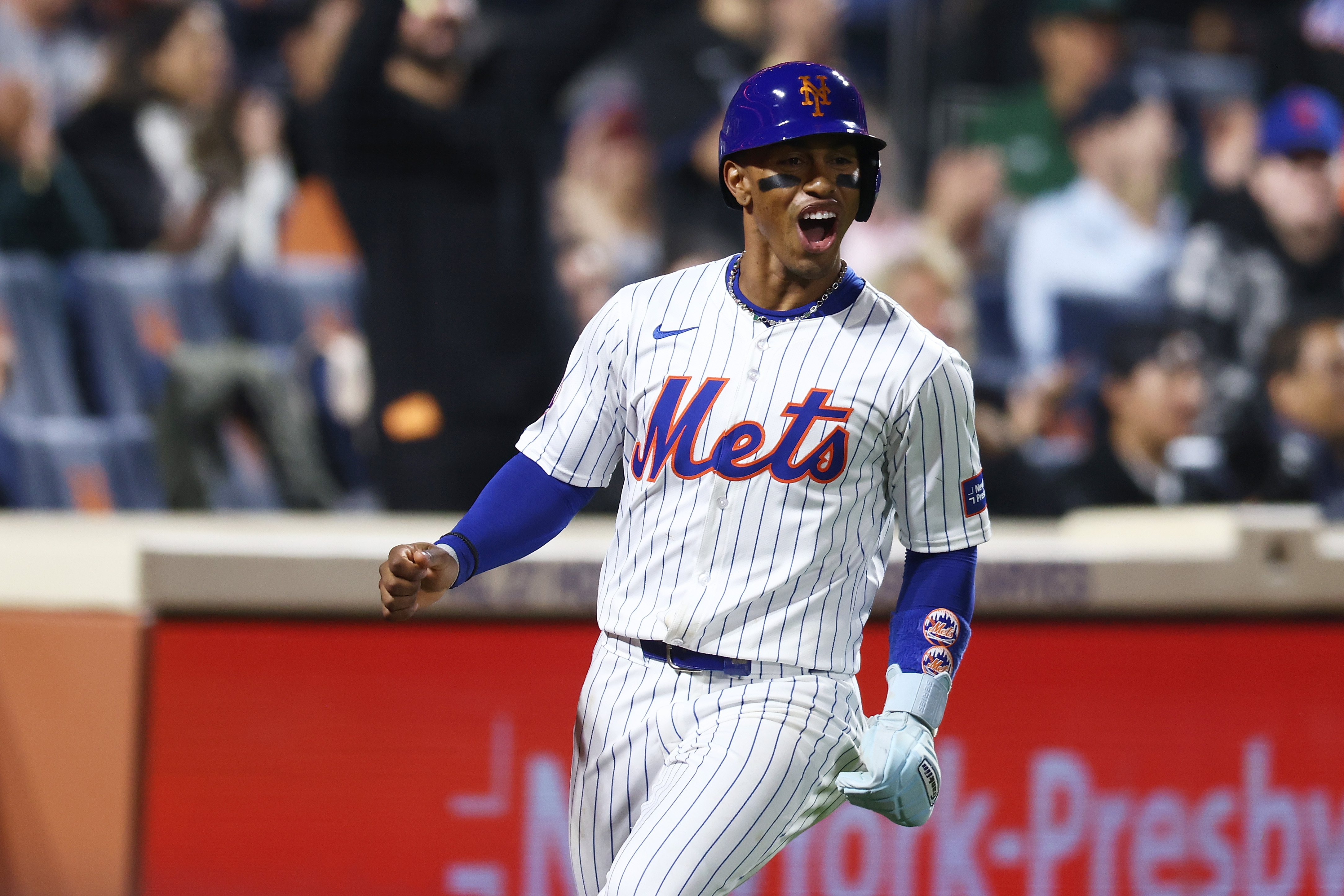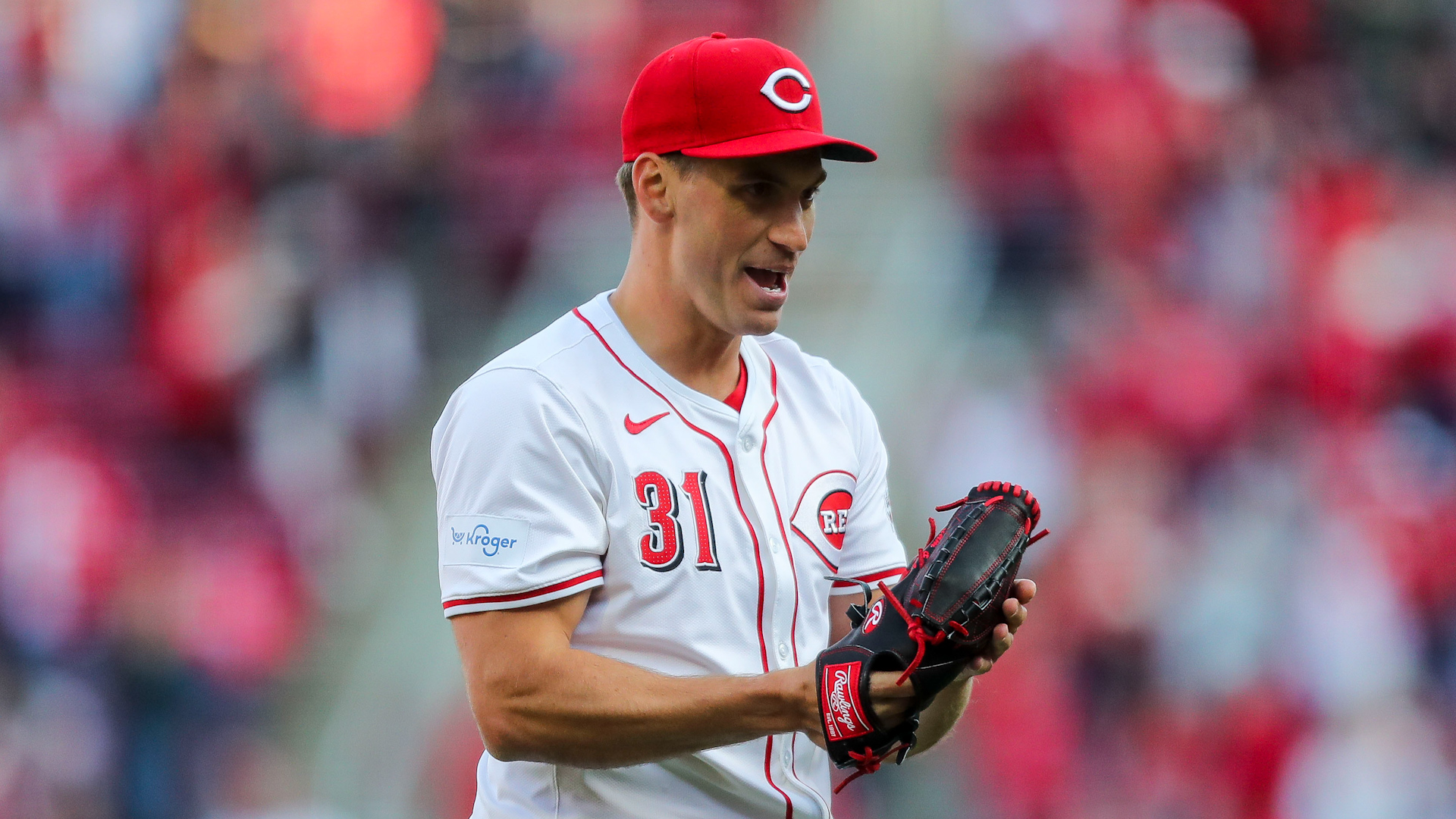With the luxury tax serving as a primary roadblock to the end of baseball's lockout, it's worth exploring how either side's proposal would impact the Phillies' ability to build out their roster.
The luxury tax last season was $210 million and the Phillies ended up right against it, within a million dollars of hitting the threshold for the first time in franchise history.
Before talks broke down earlier this week and no agreement was reached, the league had proposed raising the luxury tax (known officially as the Competitive Balance Tax) to $220 million for each of the next three seasons, to $224 million in 2025 and $230 million in 2026.
Stay in the game with the latest updates on your beloved Philadelphia sports teams! Sign up here for our All Access Daily newsletter.
The players' union's proposal was this:
2022: $238 million
2023: $244 million
2024: $250 million
MLB
2025: $256 million
2026: $263 million
That's an average difference of $27.4 million per year between the proposals. The MLBPA feels that teams are using the luxury tax as a salary cap, which is hard to argue in most cases.
Last season, only the Dodgers and Padres exceeded the $210 million threshold, the Dodgers by about $75 million. They had to pay a penalty of more than $32 million. The Padres' penalty was just over $1 million. Max Scherzer pointed to the Padres' spending more than the Yankees as proof that teams are treating the tax like a cap.
Penalties increase for repeat offenders, and had the Yankees exceeded it last season, they'd have paid 50 percent on every dollar over the CBT compared to 20 percent for a team exceeding it for the first time. By staying under in 2021, they reset that process and would be considered a first-time offender again in 2022.
The Phillies finished last season about $500,000 below the threshold. As of now, their 2022 payroll from a luxury tax perspective is about $178 million. That is $32 million below last year's threshold, $42 million below the league's proposal for 2022 and $60 million lower than what the MLBPA is seeking in Year 1 of the new Collective Bargaining Agreement.
An increase to the luxury tax could make a huge difference for a team like the Phillies, who have said they'd exceed it for the right opportunity at the right point of their winning curve but have never done so.
Let's run through a scenario where the Phillies end up with corner outfielder Kyle Schwarber once the lockout ends and major-league transactions resume. Schwarber should reasonably cost something like $16-18 million per year, pushing the Phils to about $195 million. If the luxury tax were to stay at $210 million in 2022, the Phillies would have little wiggle room left to fill center field, multiple spots in the bullpen and bench while leaving flexibility for in-season moves and remaining under the threshold.
Even the $10 million increase the league proposed, to $220 million, would make a sizable difference for the Phils. It would allow them to spend about $10-15 million more on their bullpen if they go the veteran route. With so few legitimate free-agent center field options, they could fill that spot via trade. The top two names -- Pittsburgh's Bryan Reynolds and Baltimore's Cedric Mullins -- are at the beginning of their careers and not earning huge salaries yet. That would make them more attractive from a financial standpoint but more costly via trade.
In reality, any team can exceed the tax in any year if it wants, so there's no actual limit to what the Phillies can or can't spend when transactions resume. But if you base it on their actions -- they've never gone over -- it's a number they don't want to reach unless it's absolutely necessary to winning a division and contending in October.
There's a school of thought that if the playoffs expand to 12 or even 14 teams, clubs will become even more hesitant to hit the tax. If teams feel they can make the playoffs spending $20 million less because of the extra spot(s), that consequence could be realized. However, the Phillies are one team that might not be affected by it. They have the longest playoff drought in the National League and the second-longest in MLB to the Mariners. They also missed the playoffs in 2020 when 16 teams made it, so there shouldn't be any finger-crossing and hoping for the best this time. Especially with Bryce Harper coming off of an MVP season, Zack Wheeler finishing as the Cy Young runner-up, J.T. Realmuto under contract and a core in its prime.
Subscribe to Phillies Talk: Apple Podcasts | Google Play | Spotify | Stitcher | Art19 | Watch on YouTube


